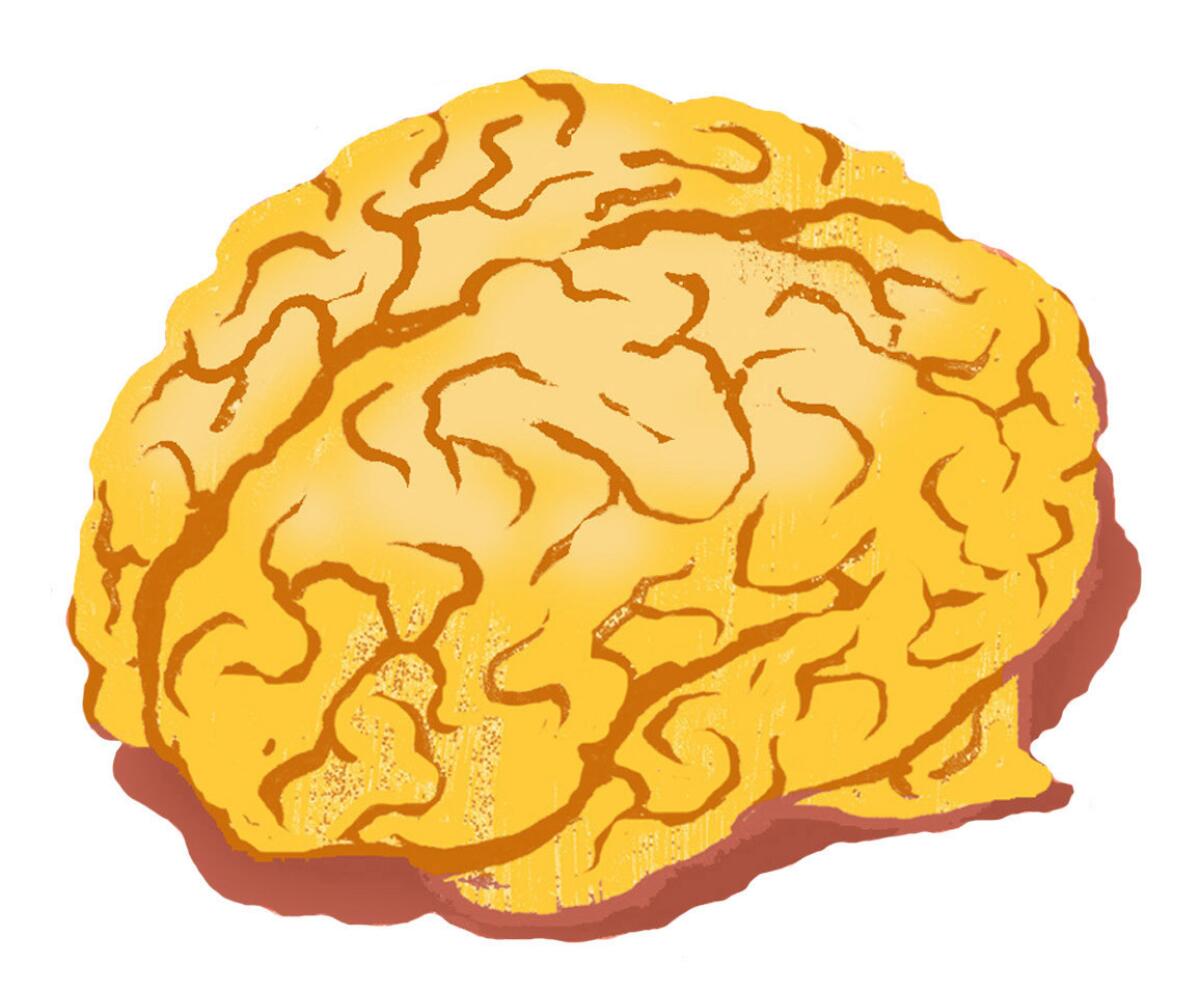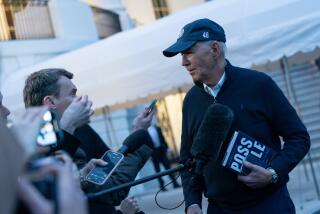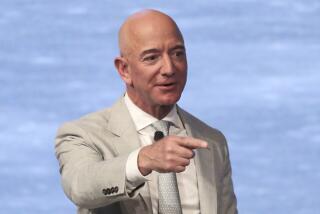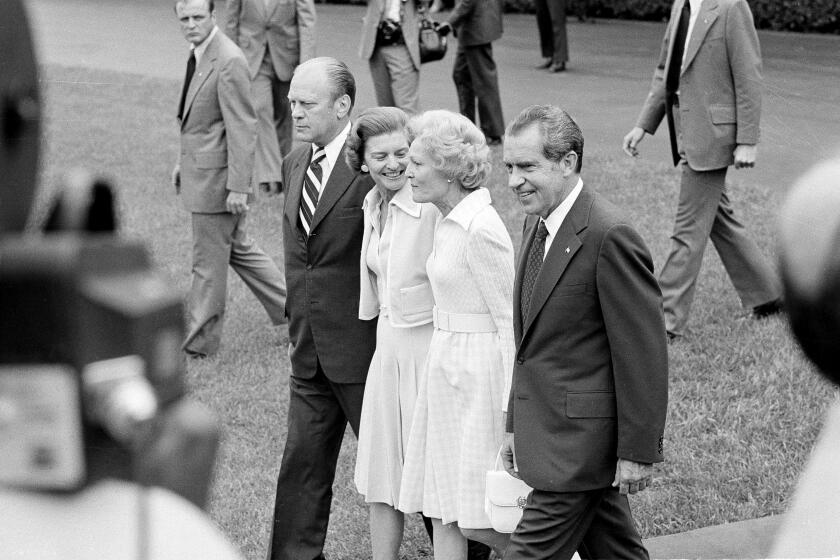Rich brain, poor brain

There’s a phrase that has haunted America for decades, one fraught with failure: “Breaking the cycle of poverty.” Despite the ongoing efforts of government and a host of private foundations, income inequality continues to grow and the poor are ever more likely to remain poor.
Many factors favor the rich getting richer while the poor stagnate. The wealthy benefit from economies of scale, as the best prices and lowest interest rates are more readily available to those who least need them. The poor are perpetually in reactive mode, lurching from one crisis to another. The wealthy, on the other hand, can act proactively, spending smaller sums in advance to prevent costly crises later. And, of course, the U.S. taxation system makes it possible, as Warren Buffett has decried, for America’s wealthiest investors to pay a lower tax rate, often, than their secretaries.
But there has always been an additional factor in the mix. Study after study has suggested that poor people are more likely than wealthy people to behave in ways that are imprudent and counterproductive. An extensive literature search shows that lower socioeconomic status is associated with a range of self-defeating behaviors, including more risk-taking (not using seat belts, for example), worse adherence to protocols (such as failing to complete a full course of a medicine) and poorer financial management (impulse buying, for example, or buying on credit, which adds considerably to an item’s cost).
Why is this? One obvious explanation might be that those cognitive traits are what gave rise to poverty in the first place. But a recent paper in the prestigious journal Science suggests a novel contributor to this phenomenon.
Economist Anandi Mani of the University of Warwick, along with collaborators from Harvard, Princeton and the University of British Columbia, explored the concept of cognitive load. The fanciest, most recently evolved part of the human brain is the frontal cortex, a region that mediates executive function, decision-making, emotional regulation and long-term planning — in other words, it plays a key role in many of the things rich people tend to do better than poor people.
Naturally, the frontal cortex has a finite capacity. Extensive research shows that “frontal function” is impaired in people who increase their cognitive load with things such as distracting tasks, stress, sleep deprivation, pain or even resisting temptation (for example, if you make someone’s frontal cortex work hard in order for them to resist eating chocolate, they are less capable immediately afterward of performing frontal cognitive tasks). What Mani found is that poor people, in general, have a greater cognitive load than rich people.
This makes sense. It’s more cognitively burdensome, after all, to figure out how you’re possibly going to pay this month’s rent than to figure out where to vacation next summer. Mani’s research supports this idea with fascinating data.
One of Mani’s studies involved American volunteers from varied socioeconomic backgrounds who were categorized as either poor (having a below-average income) or rich (with an above-average income). Subjects were given a battery of tests of cognitive function, but just before testing, they were asked to think about how they would deal with a car that was having problems. Would they pay now for it to be fixed, take out a loan to pay for it or ignore the problem? Half the subjects were told that the issue was minor and would take only a small amount of money to fix; half were told it was a major, and expensive, problem.
When asked to think about a minor repair, the rich and the poor performed equally well on the cognitive tests (arguing against the notion that the poor make poorer decisions because they aren’t as smart). But when the repair was described as costly, performance crashed dramatically in the poor but not the rich. In other words, having to reflect on tight finances increased cognitive load for poor people.
Intrigued by those results, Mani and colleagues took their research a creative step further and studied the phenomenon of cognitive load for poor people in the real world. Seeking subjects whose income normally fluctuates radically, they decided to focus on sugar cane farmers in India. The farmers are basically paid once a year, when they sell their harvest to sugar mills, and they have to make that money last until the next harvest. The researchers measured the farmers’ cognitive function before the harvest, when money was tight, and again after the harvest, when farmers had fewer money worries. Various important controls were in place, including that nutrition and the amount of physical labor were the same pre- and post-harvest. The farmers who hadn’t yet harvested (and been paid for) their crops scored dramatically worse than the post-harvest farmers.
Thus, both a careful lab experiment and a superb naturalistic field study suggest that being poor brings with it cognitive challenges. Your brain has to work mighty hard if you’re constantly trying to figure out how to keep your head above water, and that is likely to contribute to poor decision-making and counterproductive behavior. As if just being poor wasn’t difficult enough.
Robert M. Sapolsky is a professor of neuroscience at Stanford University and the author of “A Primate’s Memoir,” among other books. He is a contributing writer to Opinion.
More to Read
A cure for the common opinion
Get thought-provoking perspectives with our weekly newsletter.
You may occasionally receive promotional content from the Los Angeles Times.






